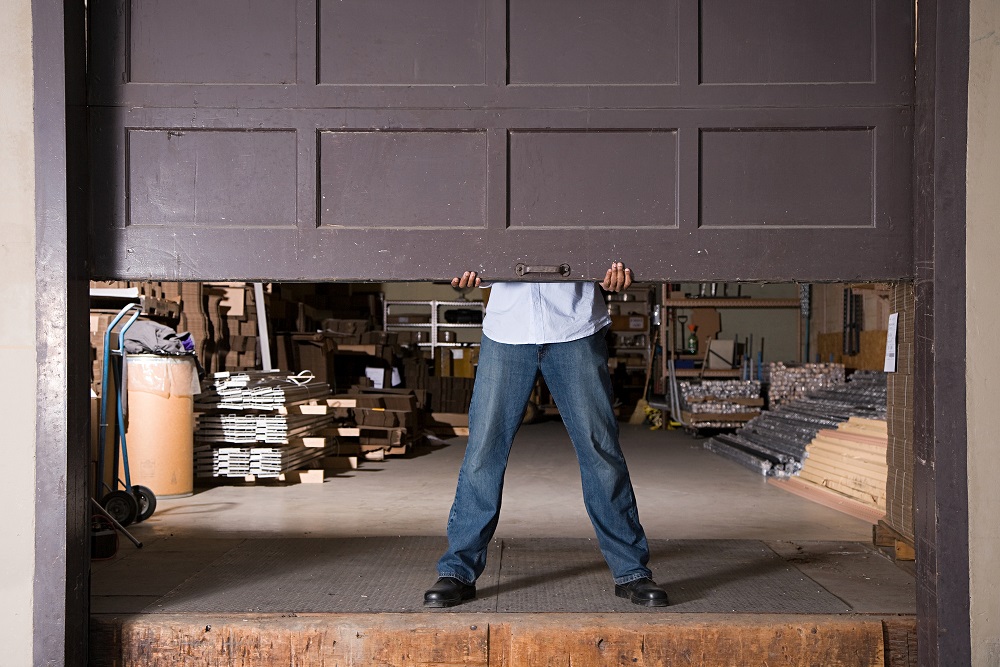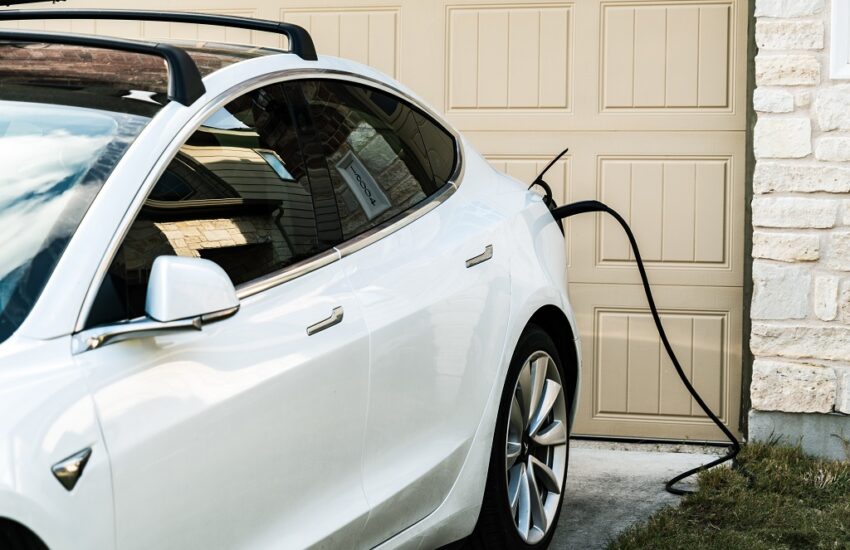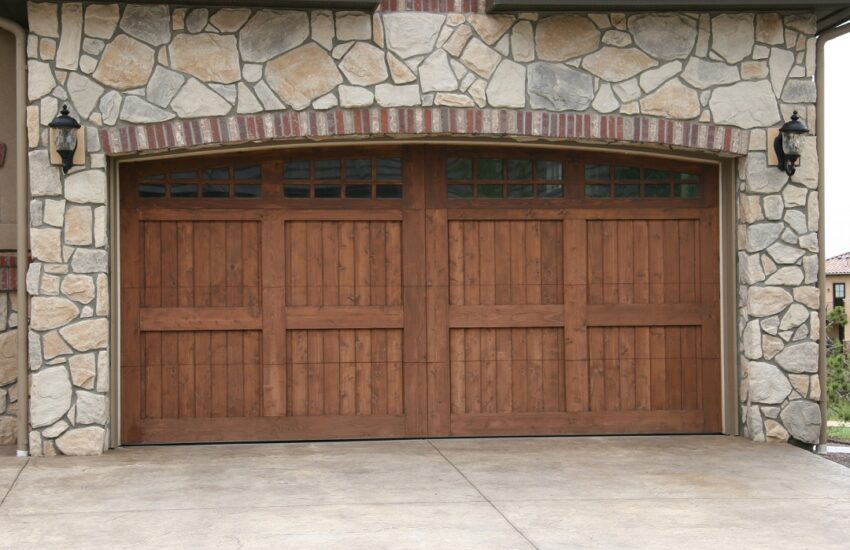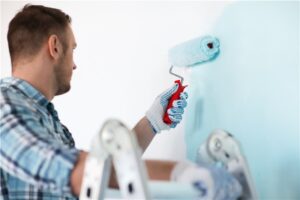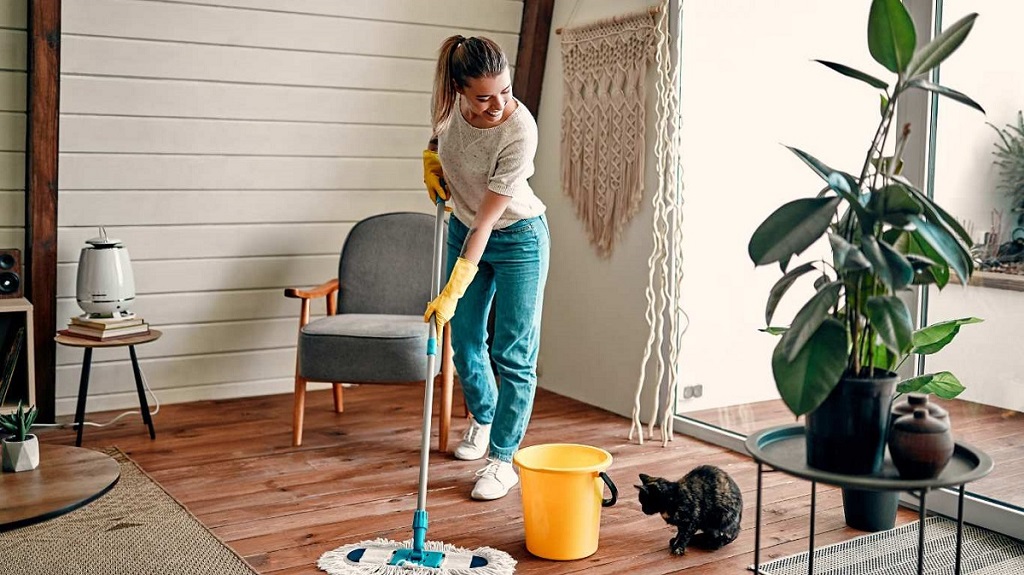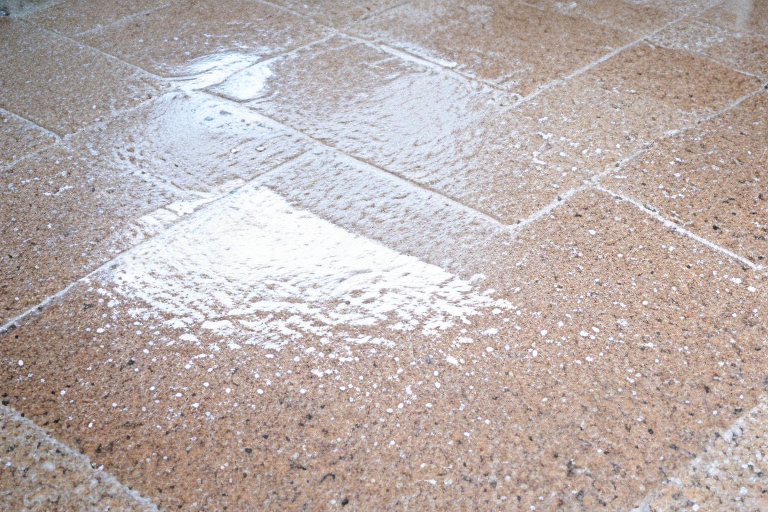Garage jerks can be annoying, but they’re not dangerous. They’re just the result of the garage door shaking. The shaking may be minor or it could be significant enough to cause damage to the garage door and its components. This happens because of improper maintenance and not keeping the garage door in good working condition.
The jerking motion of the garage door may also be caused by external factors such as wind, nearby construction sites, weight of objects, etc. All this means is that it is important to keep your garage doors in good working condition. This will help avoid jerks from happening in the first place and ensure that your garage door opens and closes smoothly without any obstructions or impediments. In this blog, we’ll tell you how you can prevent jerks from happening, the things you can do to prevent jerks, what causes jerks to happen, and how you can identify them.
Causes of garage door jerks
The causes of garage door jerks vary. Some common causes include worn-out or broken springs, hinges, and wires. Also, the door could be sliding when it goes into the closed position. When the door is in the open position, it can cause a jerking motion when it goes back into the closed position. Finally, if the opener isn’t engaging properly on the door, that can cause jerking motions as well. These are just some of the common causes of garage door jerks. A garage door repair professional can help diagnose and fix any problem with the garage door opener or its components to avoid any jerks.
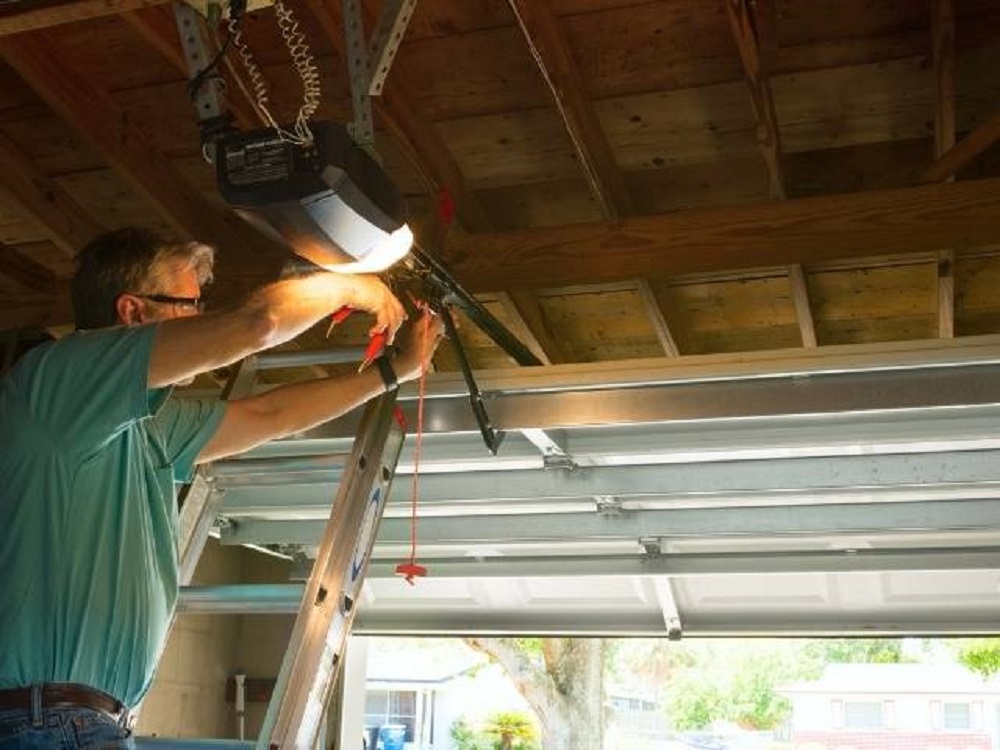
How can you identify the cause of a garage door jerk?
If you experience a garage door jerk, it’s important to identify the cause as quickly as possible. This will help prevent the issue from occurring again in the future.
When weather conditions are ideal, garage door jerks can occur due to wind or temperature changes. If your garage door opener doesn’t function properly, check its calibration and make sure it’s in good working order. Also, make sure that all of the cables connecting the opener to the garage door are connected properly and tension on the spring is correct. Finally, consider adjusting the tension on the garage door opener if necessary to avoid garage door jerks.
How to prevent garage door jerks from happening
To prevent garage door jerks from happening, it’s essential to keep your garage door closed when you’re not using the door. This will ensure the door is closed without any gaps or openings that could lead to a jerking motion. If the door still jerks after following these steps, it could be time for an inspection of the garage door opener and its parts.
It is recommended that you verify the cables and rods are properly tightened. This will prevent them from coming loose and causing the door to jerk. Additionally, it is essential to check the weather seals around the door and windows to ensure they are in good condition. If there are any issues, you can clean or lubricate them as needed. Finally, using a magnetic garage door opener can help prevent jerks from happening by preventing the door from closing too quickly.
Regularly inspect your garage door and opener
Garage door jerks are a common issue that can occur when the garage door becomes stuck in the open position. This can result in the door violently shaking or shaking repeatedly.
It’s important to regularly inspect the door and garage opener for problems such as corrosion or damaged parts. If you notice any issues, take corrective action immediately to prevent garage door jerks from happening. By taking preventive measures, you can avoid garage door jerks from occurring and ensure your garage remains safe and secure.
Test the garage door’s opening and closing mechanism
If you are experiencing frequent garage door jerks, it may be time to check the opening and closing mechanism. The mechanism can be adjusted or replaced if necessary. If the problem persists, you may need to adjust the cables or springs. In some cases, it may be necessary to replace the garage door opener. If you notice any damage to the garage door opener, consider replacing it immediately. Test the garage door open and close mechanism by closing the door slowly and then opening it quickly. This will help ensure that everything is working properly.
Use a cable lock to secure the garage door
Garage door jerks can happen when the garage door is opened or closed quickly. A cable lock can help prevent these jerks from happening. A cable lock is a type of security system that uses a cable to connect the garage door opener to the garage door. This system is more secure than a traditional garage door opener keychain and is easier to use. When using a cable lock, simply loop the cable around the garage door and attach it to the opener. This will ensure that the garage door stays open at all times, regardless of the position of the garage door opener. By using a cable lock to secure your garage door, you can prevent garage door jerks from becoming a problem in the future.
Nstall a motion sensor on the garage door
A motion sensor is a sensor that detects movement and sends a signal to the garage door controller. When the sensor detects movement, it automatically stops the garage door from moving. This prevents accidents caused by sudden movements and saves time and energy.
A motion sensor is an affordable way to prevent accidents and save time. It can help reduce the risk of accidents at home by automatically stopping the garage door when the vehicle approaches. It can also help save energy by saving on the wear and tear of the garage door constantly moving up and down. By installing a motion sensor on your garage door, you can safeguard your family and make sure everyone stays safe and secure at home.
Conclusion
To prevent garage door jerps and jerking garage doors, you must first ensure that the door opens smoothly. Next, you should make sure that there is enough clearance for the door to open completely. If the door still jerks, install a motion sensor. Lastly, secure the door with a cable lock and make sure it’s working properly. By following these tips, you can reduce the chances of garage door jerks and garage door jerking in your home. Comment below if we’ve helped you understand the problem better or if you have additional tips that could help others!

